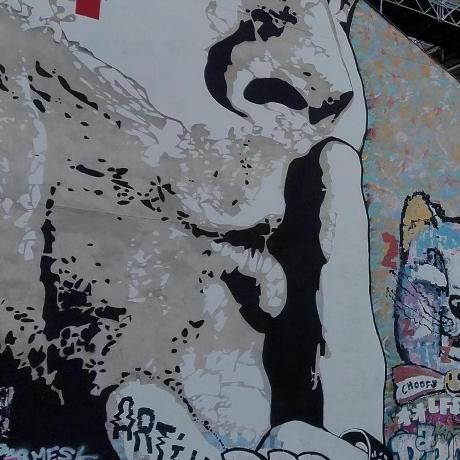binjr has a new home on the Fediverse!
The social account for binjr on the Fediverse is now hosted on its own dedicated server: https://social.binjr.eu/@binjr
This means we are now completely independent from any third party for this and most importantly that I am the one who gets to decide the maximum post length now!! \o/
If you were already following the old @binjr@fosstodon.org account, there’s nothing for you to do: you should have automatically been added as a follower to the new account, and stopped following the old one.
Shout out to the great folks at https://gotosocial.org/ for making this so easy with their incredibly lightweight Fedi server. Go check it out!

